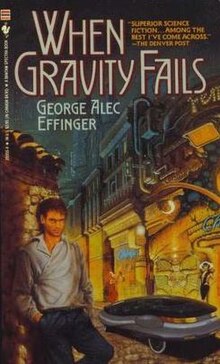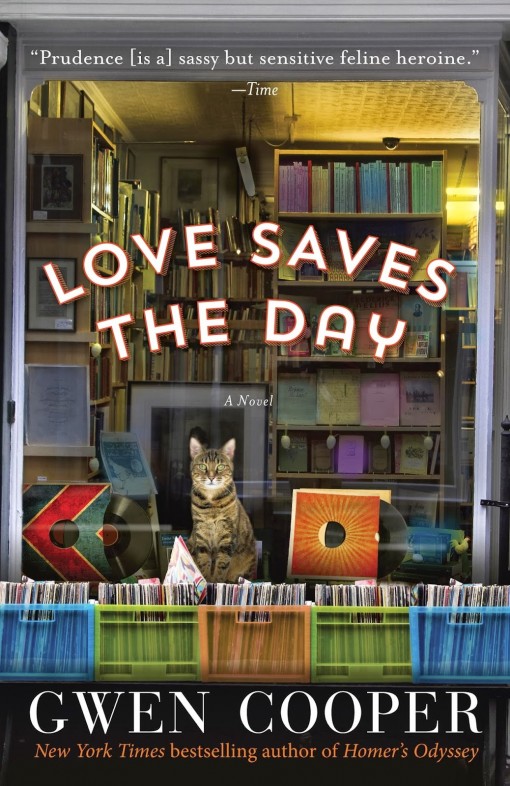By Emma Donoghue

A book club favorite, I have read and reread Room half a dozen times since it came out.
It holds up remarkable well.
The first time I read it, I saw it as a story of a little boy being raised in confinement. I found the shtick of the perspective being a five year old boy well done for the most part and I was fully invested in the plot.
True, there were things that were hard to believe and there were points when I felt I should be more emotionally invested than I was (the climax for example, because of the first person telling of the little boy, I never saw *him* in any real danger... it is a brave author who can kill off the narrator half way through a book), but that was ok because there were aspects that really worked: the treatment of the mother character, the frustration of the situation, the ending, etc.
The second, or third, time I read it, I began to see the symbolism. I began to think about more global points of our own sense of self and the rooms that we build for ourselves in our everyday lives... the walls that are real, the walls that are emotional... the walls others build versus the ones we create for ourselves. How safe are we in our rooms?
Later, I began to think about the idea of "room" being a societal point. We are who we are based in large part by our surroundings. To be that fish-out-of-water is a frightening experience. Whether we are a boy leaving the relative safety of his "room" or an immigrant leaving their home country, or a college girl leaving home for the first time... we all go through culture shocks and how we react to the inherent difficulties is very telling.
It wasn't until a more recent reading when I was told that this book was inspired by real life events.
/shudder
Let me say, that it is a quick an relatively easy read. The only difficulty comes at the emotional level, not the reading level. The characters are not all that fleshed out or profound, but that is more because the narrator is a five year old.. and through his eyes we do get glimpses of character development that isn't at all obvious to him. The story is interesting and won't soon leave your mind.
I feel compelled to say: trigger warning for violence against women and children in peril.
Well worth the read.







